European Election, 6-9th June 2024
What are we voting for?
Every five years, citizens of 27 European member states vote to elect members of the European Parliament, also called MEP.
There are 720 seats. Every member state has a defined number of seats, distributed proportionally: the more citizens a country has, the more seats it has in Parliament. Germany has the most seats, with 96 MEPs, while Malta, Luxembourg and Cyprus have 6 seats.
In Parliament, members sit by transnational political groups: those bring together national political parties from the 27 countries.
The largest political groups are the EPP (European People’s Party), S&D (Progressive Alliance of Social and Democrats) and Renew Europe.
You are voting for a list of candidates, with the same number of names as there are seats per country. So, for Germany, each list as 96 names. Each list with less than 5% of votes is eliminated. Then, elected lists share the number of seats proportionally to the number of votes obtained.
What does the European Parliament do? Why does it matter?
The European Parliament (EP) is the EU’s legislative body. The Parliament votes on laws, the budget, and the European Union’s broad political direction. The EP also exercises political control over the European Commission: it is essential in the Commission’s nomination.
Given its importance, the EP is the only directly elected European institution.
The Parliament is responsible for:
Democratic scrutiny: The Parliament approves the European Commission and can bring it down through a no-confidence vote.
Deliberation: MEPs can ask written or oral questions to the Commission regarding its actions
Legislation: Most legislative proposals can only become law if they are approved by the European Parliament
EU Budget: The Parliament needs to approve the EU’s annual budget and it supervises the spending.
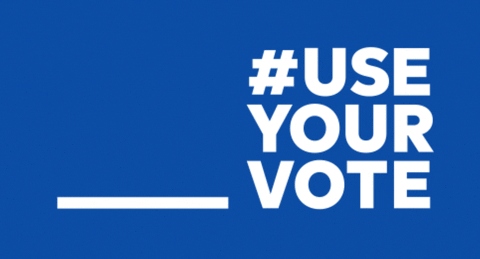
Learn more about the structure and procedures of the European Union here: European institutions in a nutshell – EU Watch
How to vote?
Between June 6th and 9th European citizens will vote. Voting procedures vary according to national voting procedures.
As an EU citizen, you can vote in your country of origin, from abroad or in the EU country you live in. For more information on how to register, visit: https://elections.europa.eu/en
Not sure whom to vote for? Check out these resources for your country:
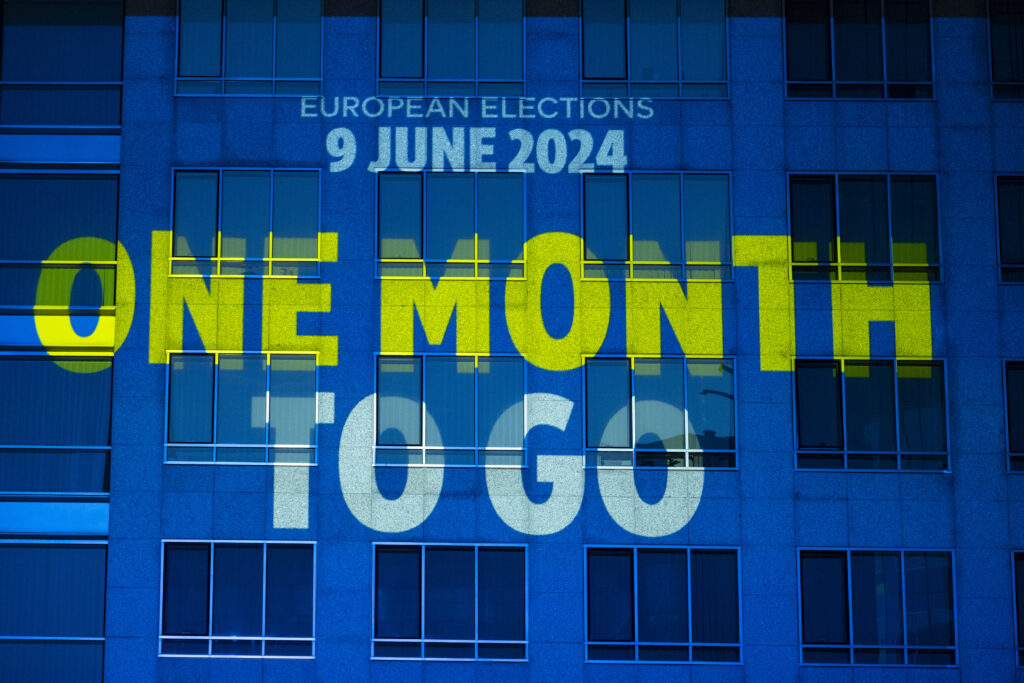
Don’t forget to check your candidates!
Each national party joins a transnational, European political group once in Parliament.
Here are the 7 groups. You can check their programs of their website:
The EPP: https://www.eppgroup.eu/
S&D: https://www.socialistsanddemocrats.eu/
Renew Europe: https://www.reneweuropegroup.eu/
The Greens: https://www.greens-efa.eu/en/
The Left: https://left.eu/
The ECR: https://ecrgroup.eu/
ID Group: https://www.idgroup.eu/
You would like to learn more about the EU’s history? Have a look at this timeline.
Our newsletter
Do you want to subscribe to the EU Watch newsletter?
We will keep you informed about our latest publications and events. EU Watch will store your email address in our database. It will not be shared with third parties.
You can unsubscribe at any time by clicking on the link at the bottom of the newsletter. Find out more in our privacy policy
Read more

Register Now – Conference “Migration and Security: Safe Borders – Safe EU?”
EU Watch AISBL and HIAS Europe are delighted to invite you to our conference that is taking place on Monday, March 24 2025, at the Representation of the State of North-Rhein Westphalia to the EU, in Brussels.
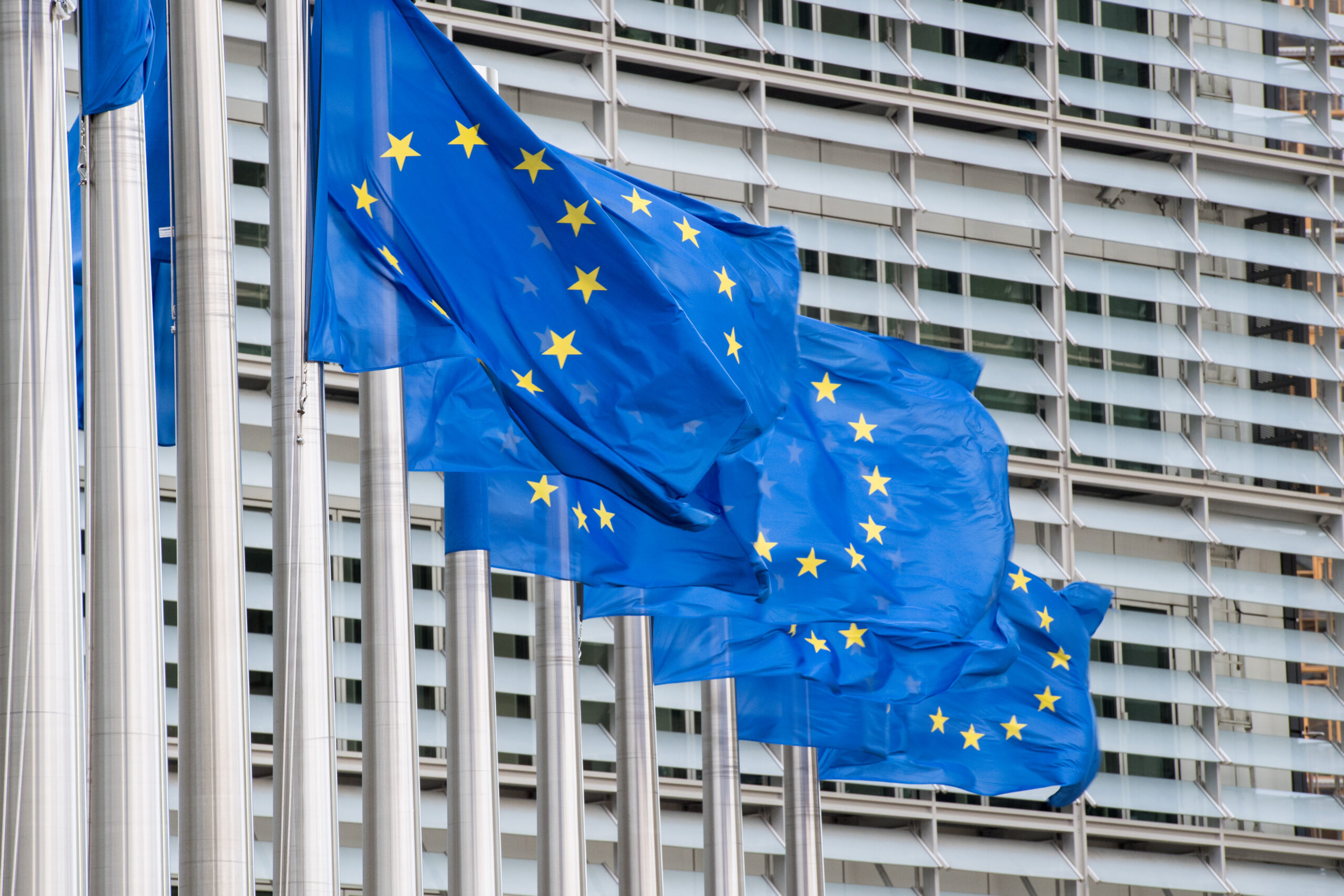
EU: Taliban recognition hinges on full compliance with international norms
Read the response to our letter sent to EU foreign policy chief Josep Borrell regarding the EU’s Afghanistan policy and human rights issues, with a particular focus on Afghan women’s rights.

How the US election could shape Europe’s security future?
EU Watch interviewed Finnish politician Mika Aaltola, who serves for the first time as a Member of the European Parliament. We discussed the issues of the impact of US elections on Europe’s security, NATO and the EU enlargement.

‘Kaja Kallas is my hope for an EU that speaks with one voice’, says Austrian MEP Brandstätter
EU Watch interviewed Austrian politician Helmut Brandstätter, who serves for the first time as a Member of the European Parliament. We discussed the issues of Ukraine’s support, EU enlargement, migration and media freedom.
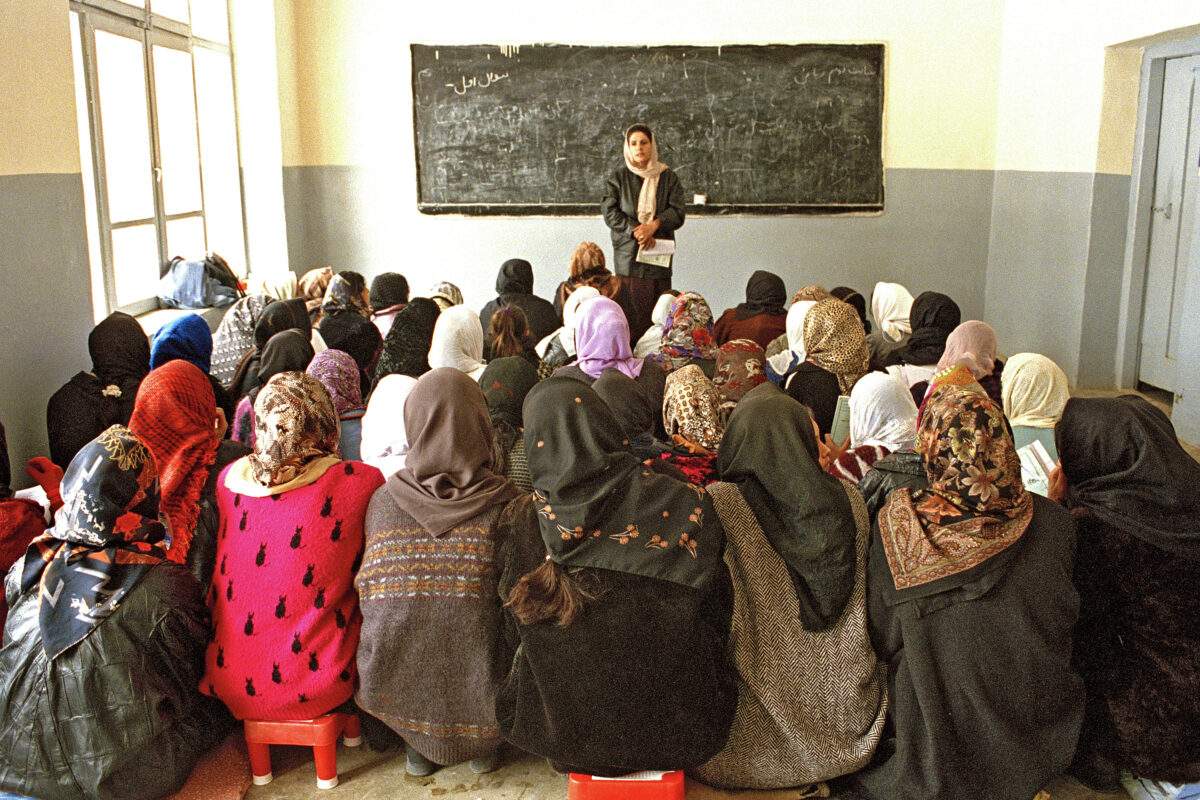

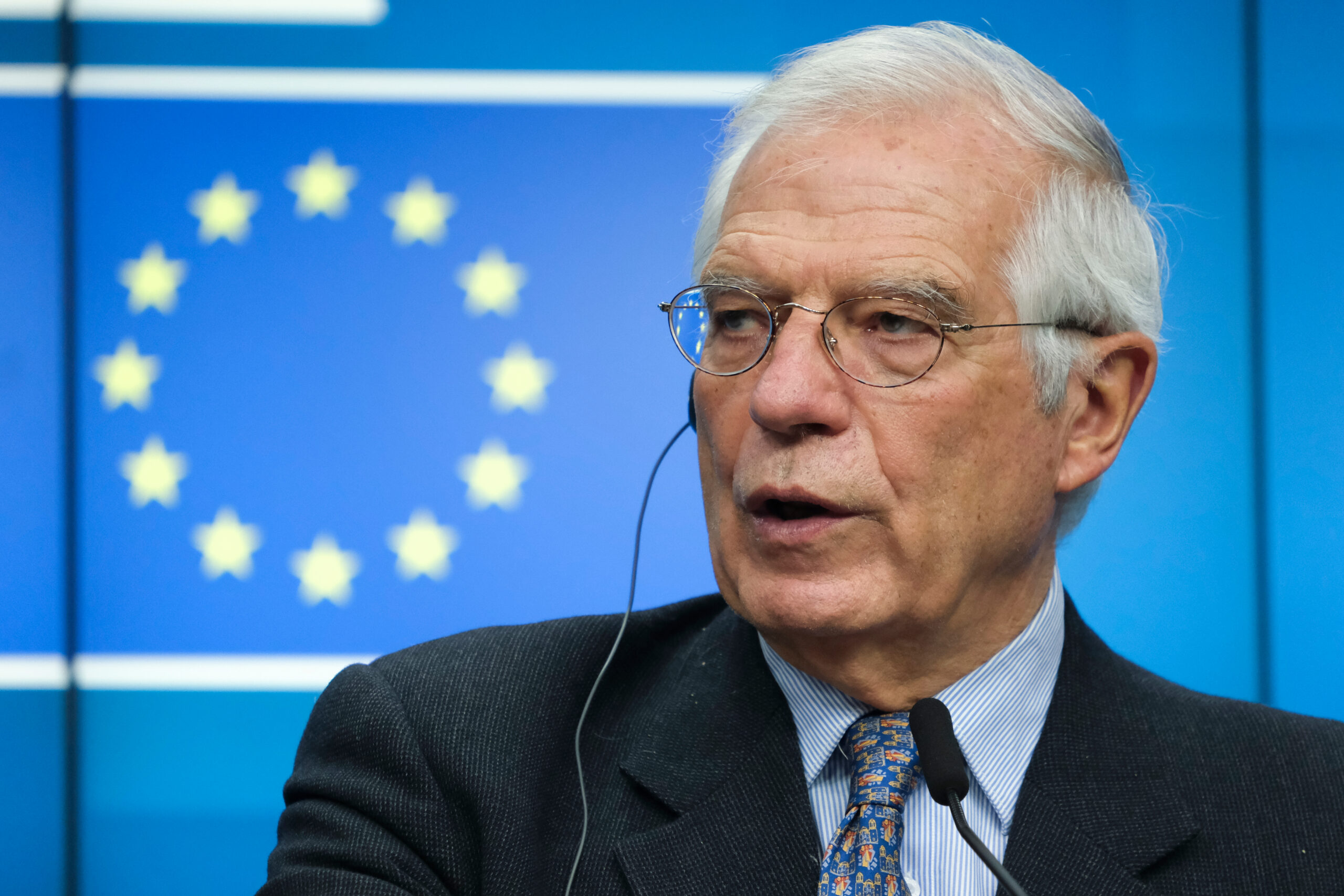
Borrell’s Legacy: What Stays Behind?
Read More
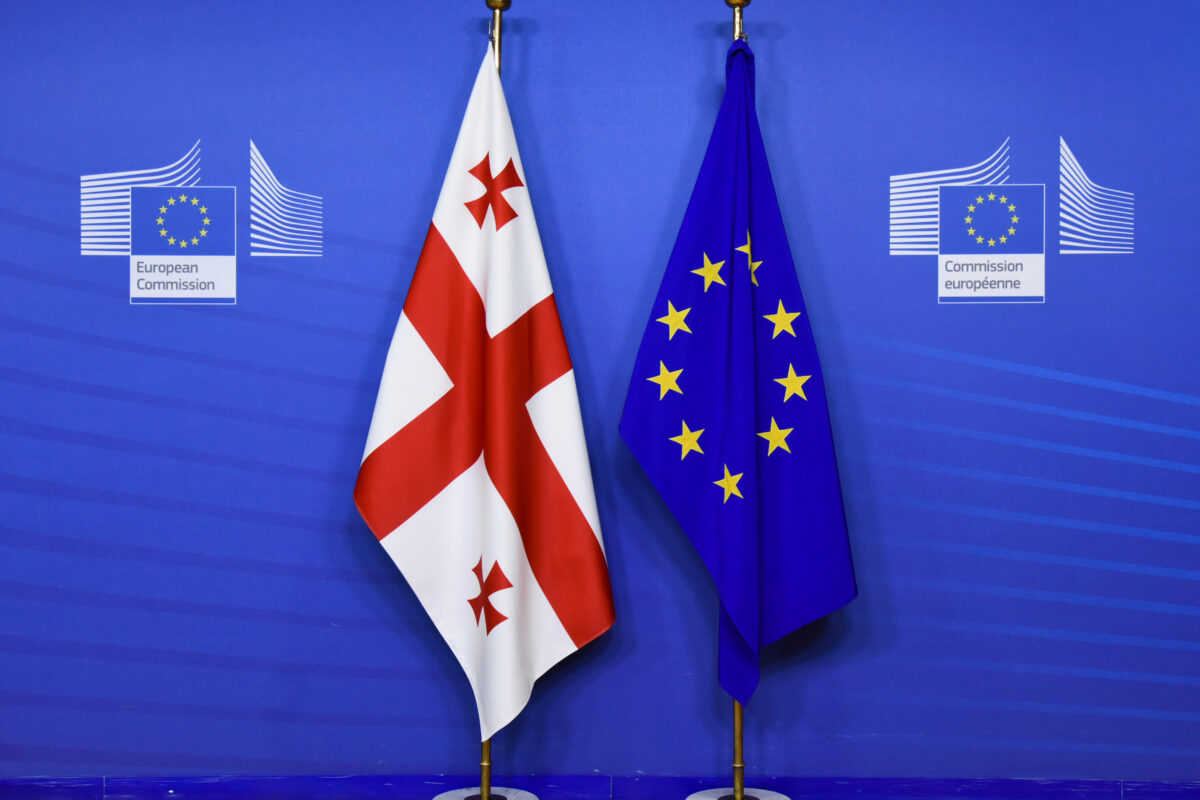
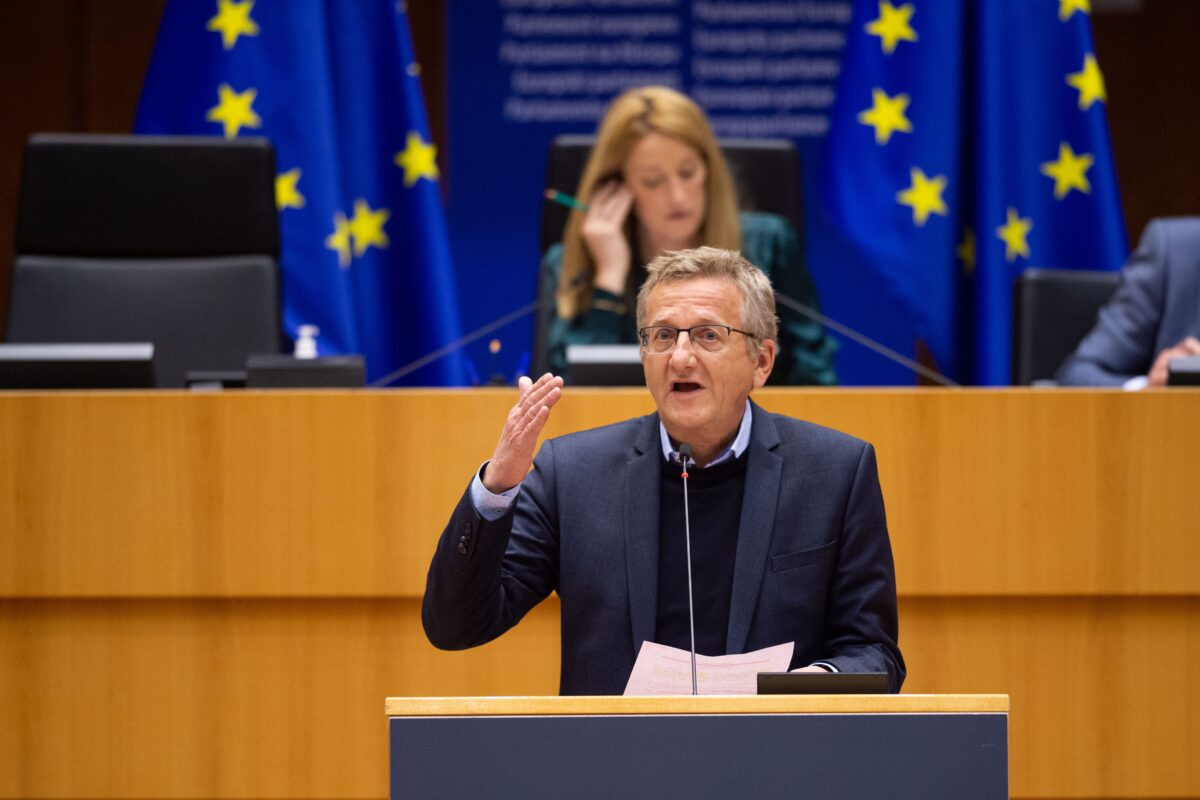
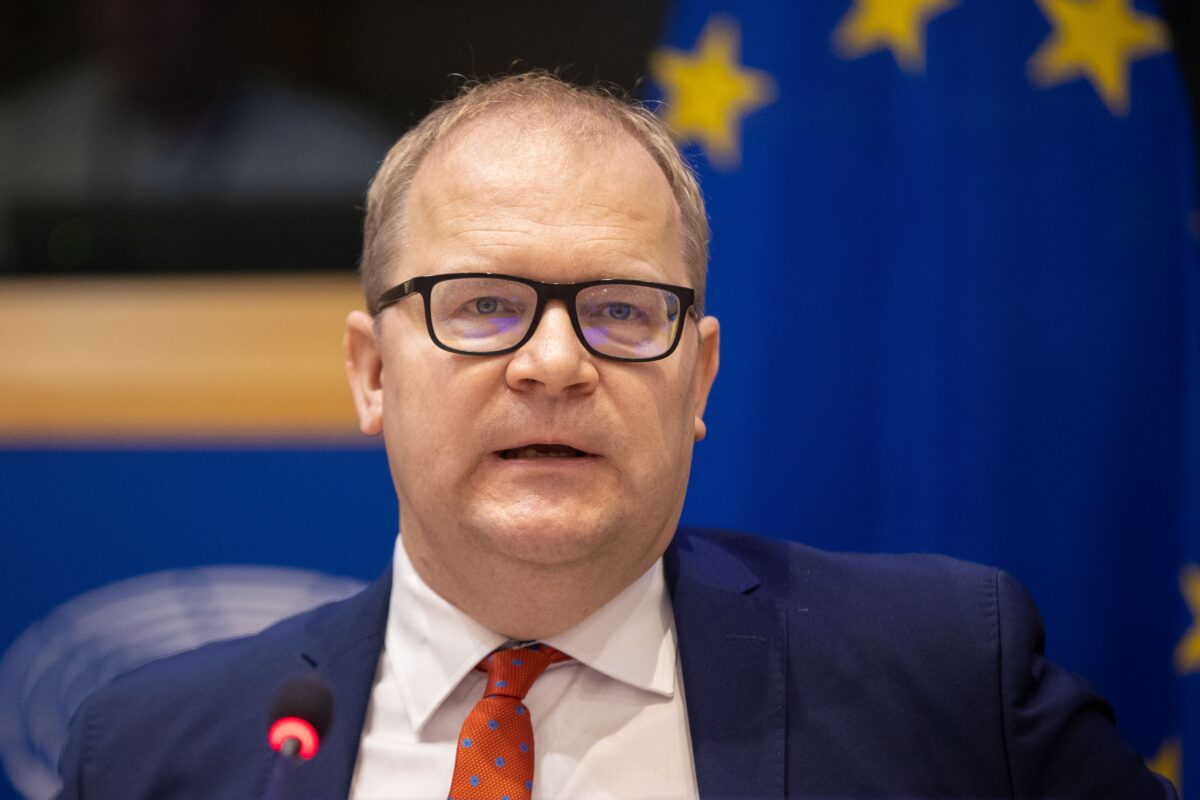
Former Estonian Foreign Minister: “We should make Russia understand that the West is not weak anymore”
In our most recent podcast edition of “EU Matters”, the Vice-Chair of the Foreign Affairs Committee of the European Parliament and former Estonian foreign minister, Urmas Paet, talks about the threat of Russia to Europe and the West’s support for Ukraine, as well as the recent developments in the Middle East between Israel and Iran.

Avital Grinberg appointed as General Manager of EU Watch
BRUSSELS – EU Watch announces the decision to appoint Avital Grinberg as the new General Manager, succeeding Michael Thaidigsmann at the helm of the organisation.
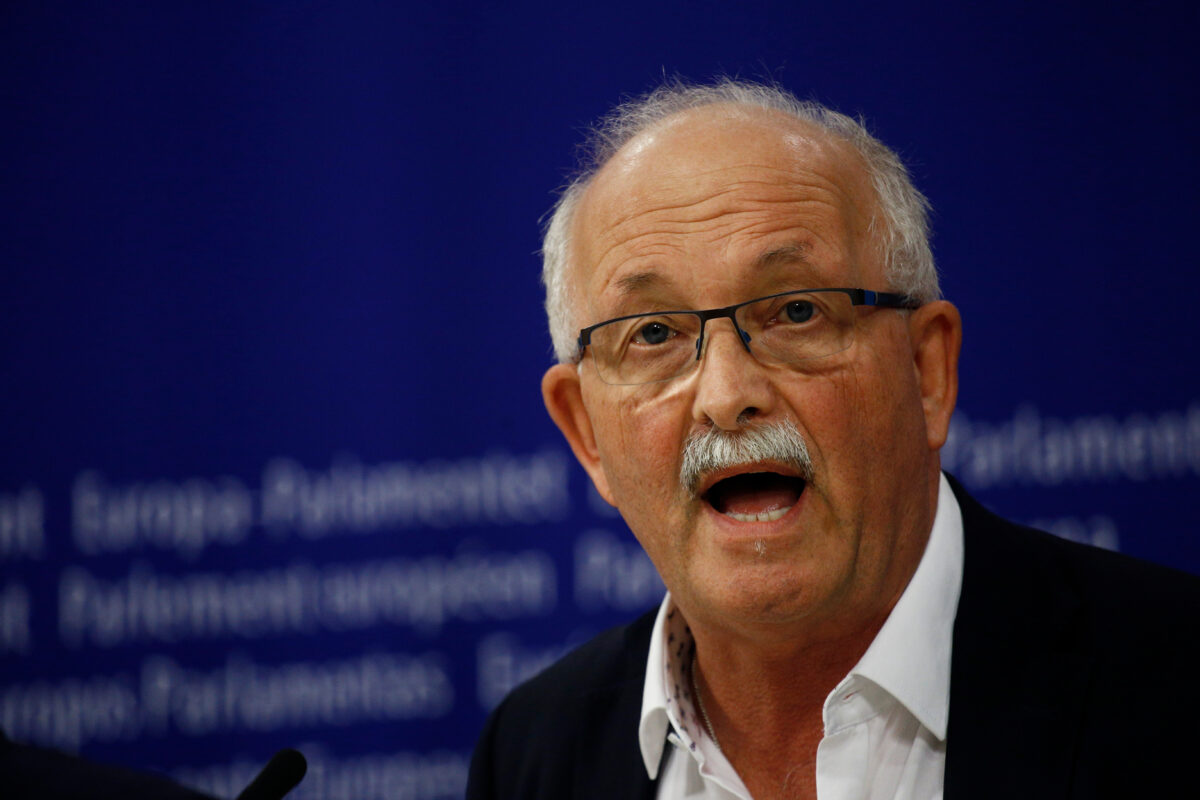
Veteran Socialist lawmaker: “We always knew that the EU would come under attack from guys like Putin”
German MEP Udo Bullmann talks about the importance of human rights in EU’s foreign policy, the EU as a player on the world stage and foreign interference in EU politics.
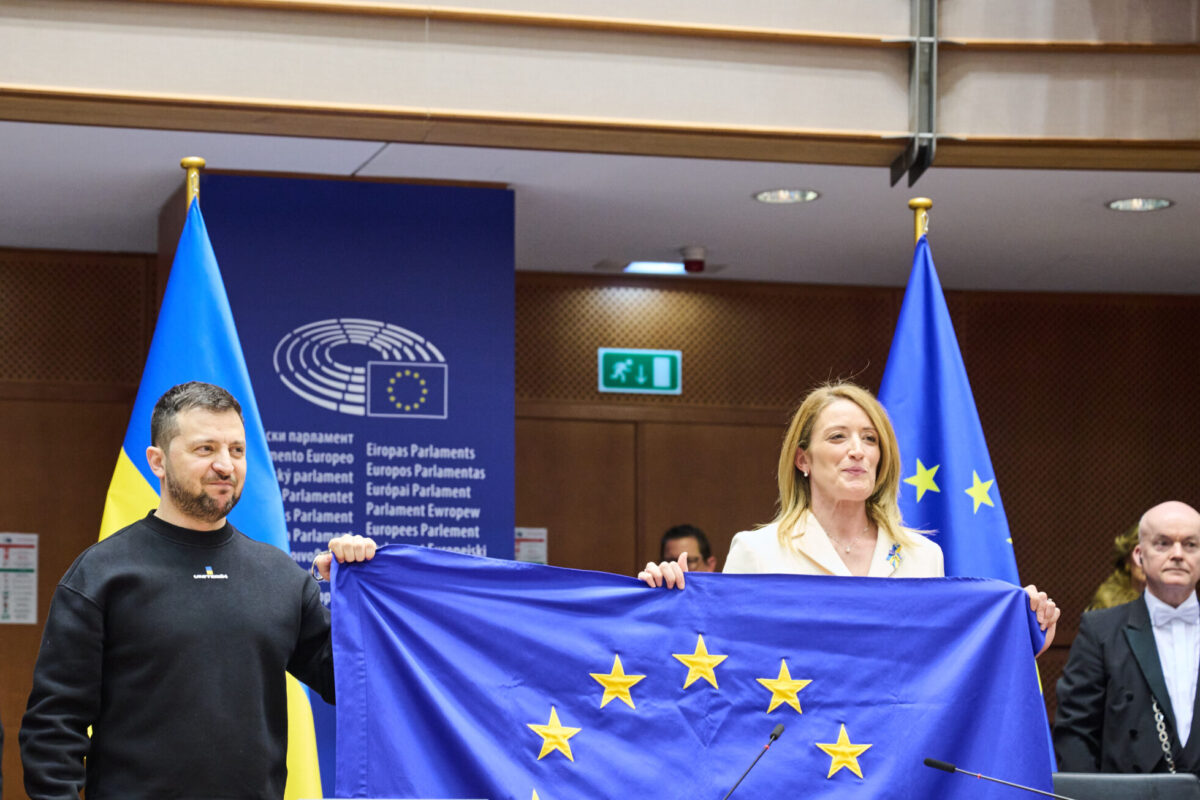
EU’s pivotal steps toward Ukraine, Moldova, and Georgia: A personal perspective on the region’s historic shift
Professor Cristina Vanberghen delivers her opinion on the European Council’s decision to green-light negotiation talks with Ukraine and Moldova.

EU Sets Global Standard for AI Regulation
Professor Cristina Vanberghen delivers her analysis of the EU AI Act, which regulates the use of Artificial Intelligence in the Union.

Enhancing our understanding of the EU’s role in the Middle East
Professor Cristina Vanberghen delivers her analysis on the EU’s role in mediating Middle East conflicts.
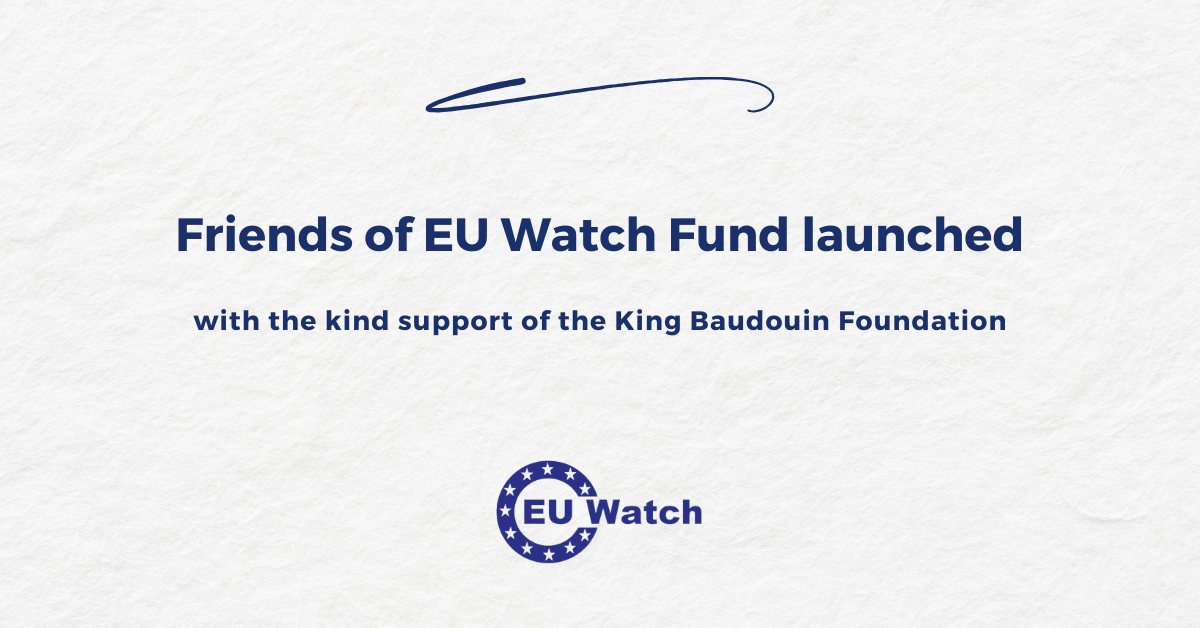
Friends of EU Watch Fund launched
A new fundraising platform to support the mission and projects of EU Watch has been established under the auspices of the renowned King Baudouin Foundation in Belgium.

David McAllister: “The EU should be a global player, not just a payer”
The chairman of the European Parliament’s Committee on Foreign Affairs on the role of the European Parliament and the European Union in world politics.

Squaring the concentric circles?
Cristina Vanberghen delivers her thoughts on the Franco-German proposal for EU reform
Become an EU Watch supporter!
Our newsletter
Do you want to subscribe to the EU Watch newsletter?
We will keep you informed about our latest publications and events. EU Watch will store your email address in our database. It will not be shared with third parties.
You can unsubscribe at any time by clicking on the link at the bottom of the newsletter. Find out more in our privacy policy
Our newsletter
Let's keep in touch!
Subscribe to our newsletter
EU Watch - Website: DIREXION Web Agency
This site is protected by reCAPTCHA and the Google Privacy Policy and Terms of Service apply.



